Browse all events for April 07.

A Luftwaffe bomb kills 13 people in Belfast, known as the Belfast Blitz
Belfast was largely unprepared for war as people thought Northern Ireland was both too remote and too insignificant for the Luftwaffe to target. The inertia of ministers at Stormont also resulted in Belfast being ill prepared against attack.
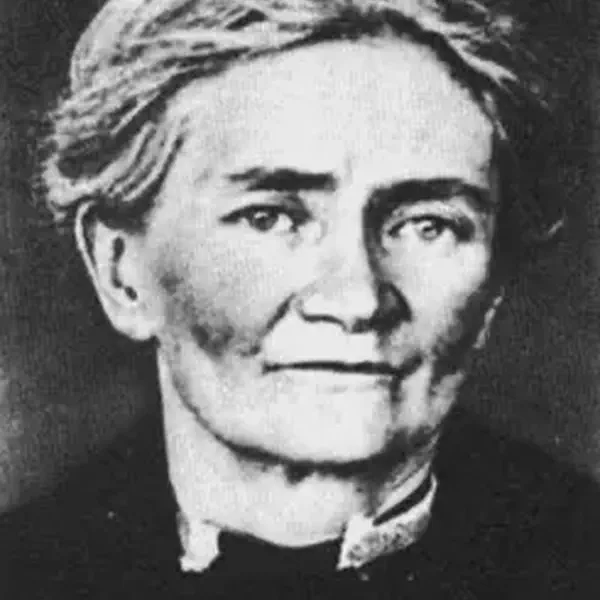
Violet Albina Gibson attempted to assassinate Benito Mussolini
Violet Albina Gibson (31 August 1876 – 2 May 1956) was an Irish-born woman who attempted to assassinate Benito Mussolini in 1926. She was released without charge but spent the rest of her life in a psychiatric hospital in England.
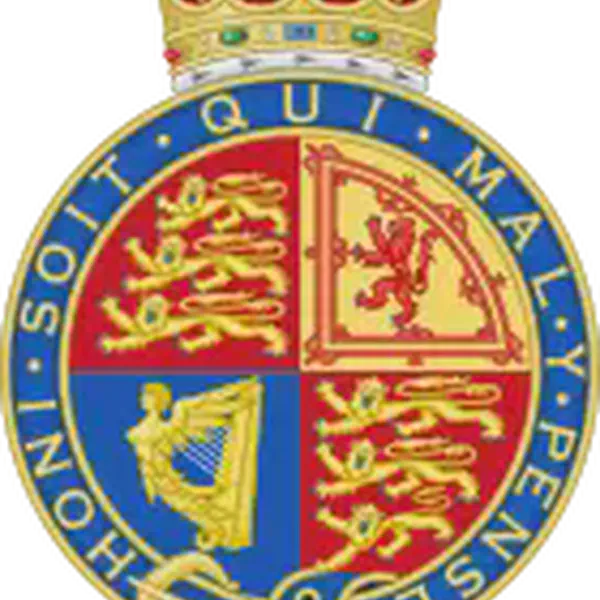
Special Powers Act is introduced in Northern Ireland
The Civil Authorities (Special Powers) Act (Northern Ireland) 1922 (12 & 13 Geo. 5. c. 5 (N.I.)), often referred to simply as the Special Powers Act and known as the “Flogging Act”, was an act passed by the Parliament of Northern Ireland during the partition of Ireland and shortly after the establishment of Northern Ireland. The Act was renewed annually and in 1928 was renewed for five years and made permanent in 1933 and not repealed until 1973.
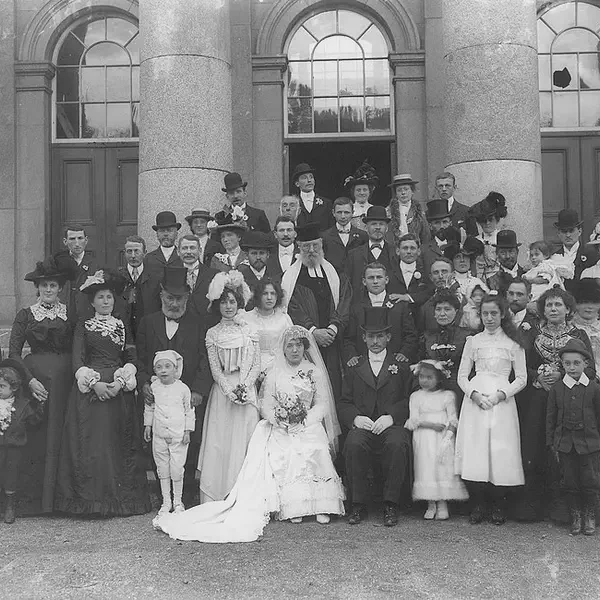
1861 Ireland census, only 393 Jews are recorded
The census of 1861 in Ireland, which recorded a population of 5,798,967 and notably only 393 Jews, provides a fascinating snapshot of the demographic landscape during a pivotal period in Irish history. This census occurred in the context of post-Great Famine Ireland, where the population had significantly decreased due to both the famine and mass emigration.
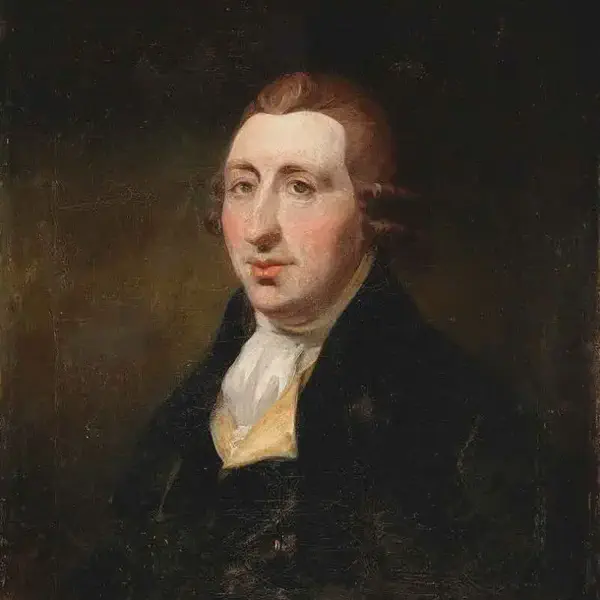
The trial of United Irishman, Napper Tandy, begins
James Napper Tandy (February 1739 – 24 August 1803), known as Napper Tandy, was an Irish revolutionary and a founder of the United Irishmen. He experienced exile, first in the United States and then in France, for his role in attempting to advance a republican insurrection in Ireland with French assistance.
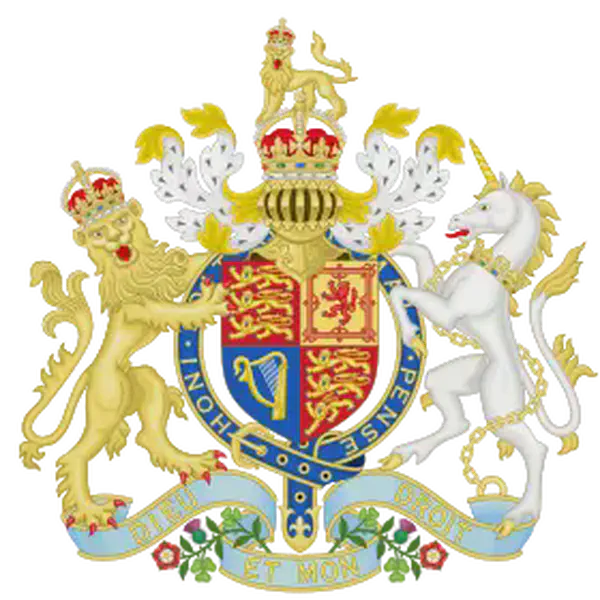
The Declatory Act defines the right of the British Parliament to legislate for Ireland
An Act for the better securing the dependency of the Kingdom of Ireland on the Crown of Great Britain (6 Geo. 1. c. 5) was a 1719 Act passed by the Parliament of Great Britain which declared that it had the right to pass laws for the Kingdom of Ireland, and that the British House of Lords had appellate jurisdiction for Irish court cases. It became known as the Declaratory Act, and opponents in the Irish Patriot Party referred to it as the Sixth of George I (from the regnal year it was passed).

Second treaty of Guerande between Yann IV of Brittany & Charles VI of France recognizes Breton Independence
The second Treaty of Guérande (1381) established Brittany’s neutrality in the Anglo-French conflict, and was accorded between Duke John V of Brittany and King Charles VI of France.